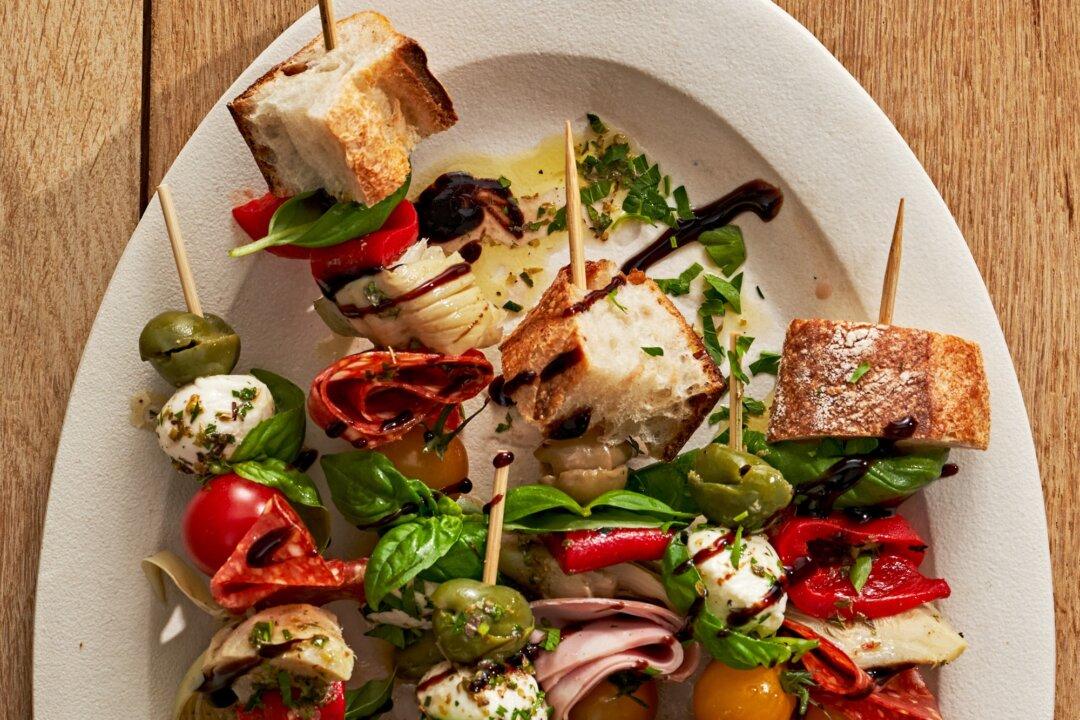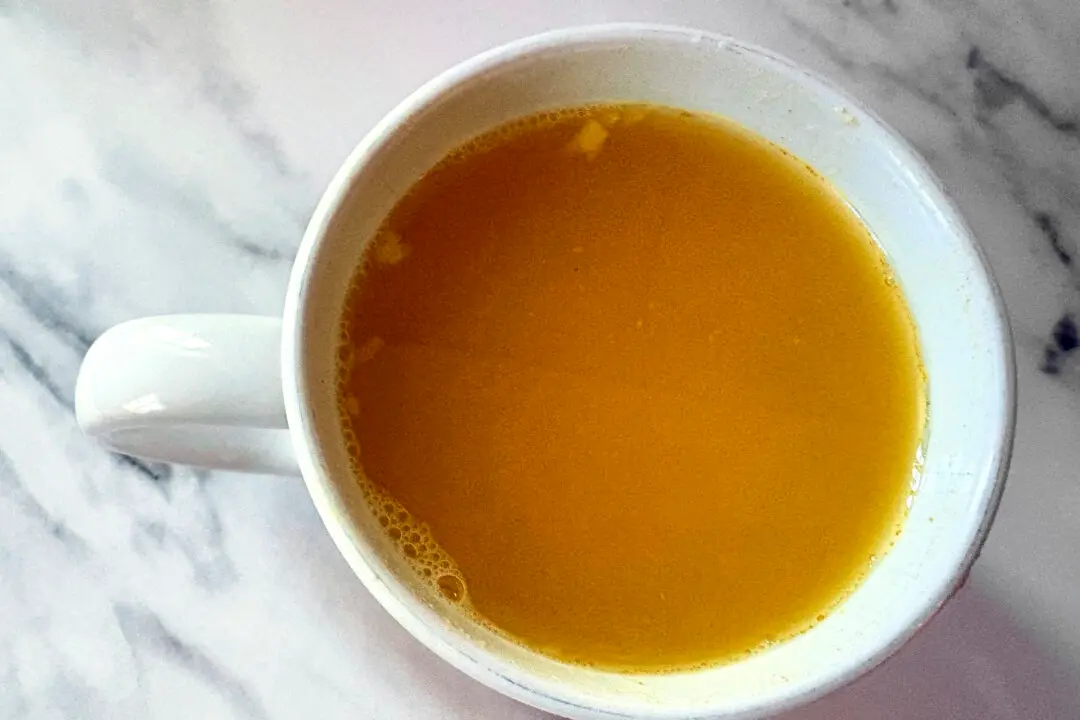These antipasto bites take everything you’d see on a traditional antipasto platter and present a little taste of each element on a personal skewer.
Antipasto is the dish that initiates gathering around the table and preparing to share a meal. If you ask most people who have ever entered a traditional Italian home what it’s like, they will likely say that the kitchen is very clearly the heart of it, with cooking and food the love language. I grew up spending a ton of time in the kitchen; it was the norm for family and friends to constantly hover around the stove, waiting to taste test or have first dibs on whatever my mother was cooking. It’s a fun, beautiful, and often humorous tradition that continues in my own home today. And a lot of those memories happen to begin with antipasto platters, or antipasto bites!
What is Antipasto?
Antipasto is a traditional Italian platter served as an appetizer before the main meal. It’s named quite literally for its meaning, as the Latin root of the word, anti, means “before,” and pastus means “meal.” Antipasto kicks things off in a most warm, welcoming, and delicious way through a colorful and flavorful platter of meats, cheeses, vegetables, olives, bread and more.





